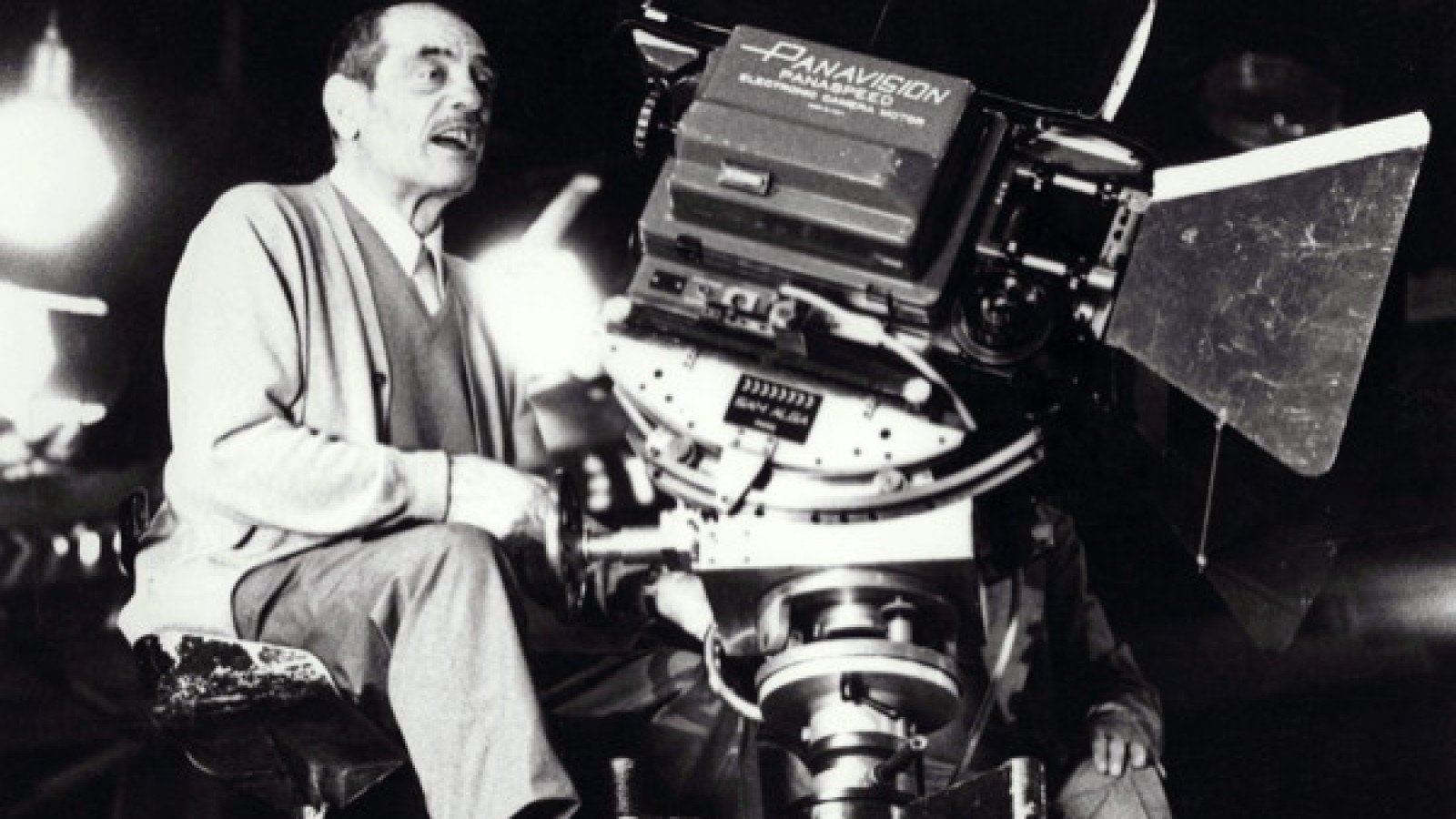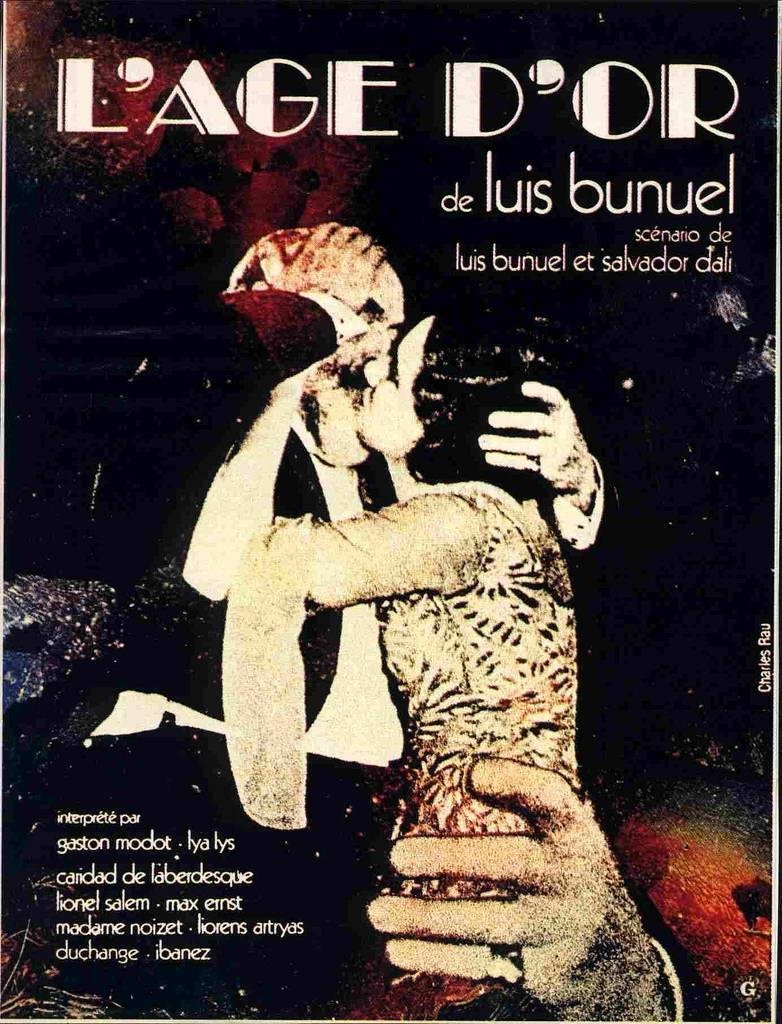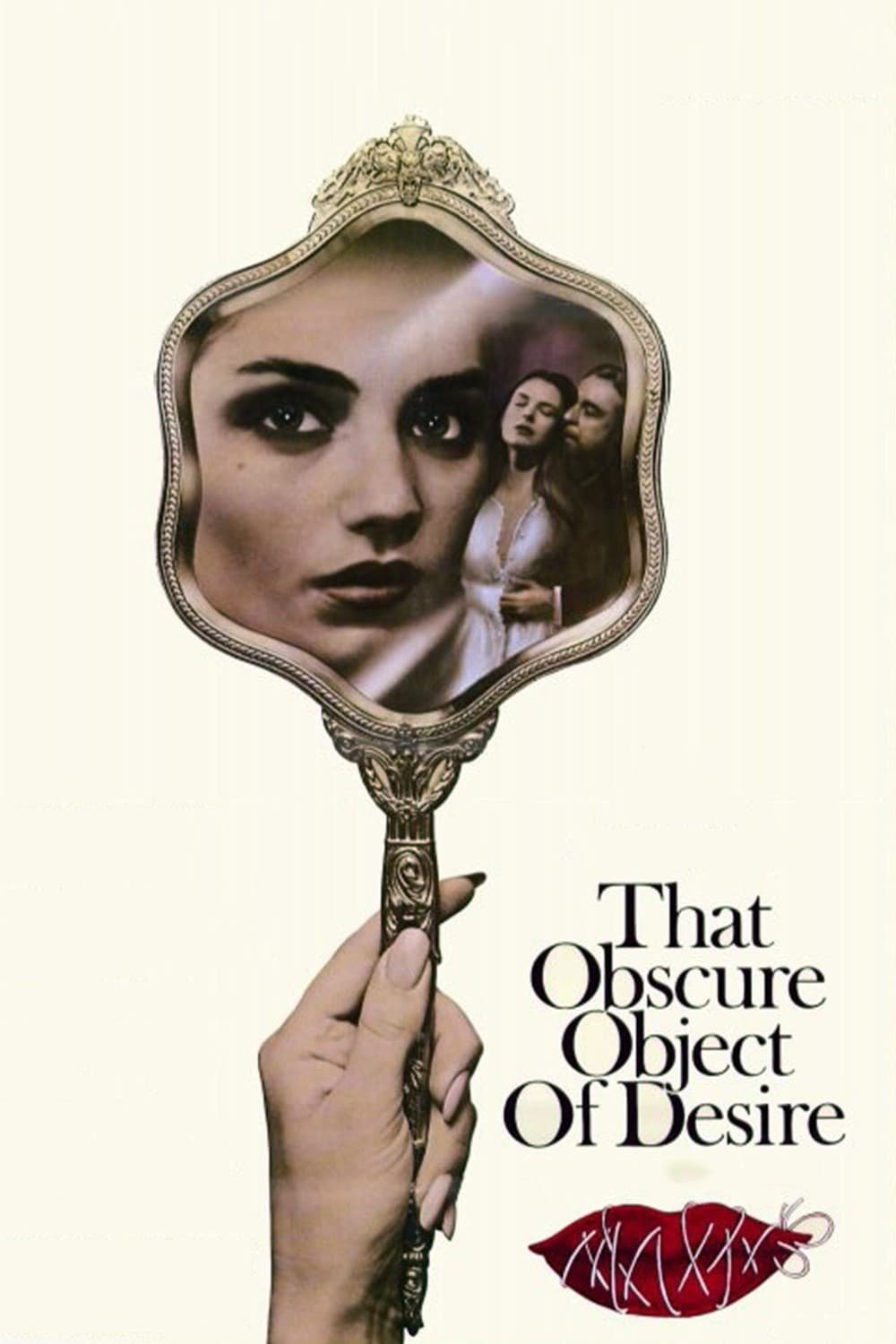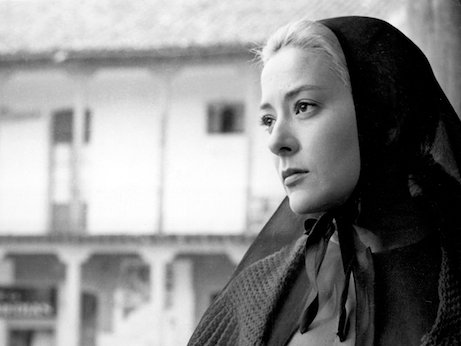Craig Hammill thanks God for Atheist Filmmakers like Luis Buñuel
Luis Buñuel famously said “Thank God I’m still an athiest.”
I respond, “Thank God for atheist filmmakers like Luis Buñuel”
This isn’t meant to be glib. I make this statement with the hope of some sly humor. But mostly it’s a sincere and straightforward statement.
Buñuel, the surrealist socially piercing Spanish filmmaker, who made almost all of his greatest movies from his late 40’s through his late 70’s, everywhere from Spain to Mexico to France, retained his bite to the very end. And the current world of cinema might be able to reinvigorate itself a little by rewatching his masterworks.
If you’ve never seen a Buñuel movie, his movies fall into three fairly distinct periods:
His first period comprises the three French made movies from 1929-1933-Un Chien Andalou, L’Age D’Or, and Las Hurdes/Land Without Bread. Two were hilariously irreverent surrealist masterpieces that took square aim at societal hypocrisy in regards to sexuality, religion, behavior. His final movie (for nearly 13 years) of this period Las Hurdes may be the best-a scathing documentary about one of the most impoverished regions of Spain prone to horrible hunger and disease which nevertheless courses with Buñuel’s trademark deadpan humor. A touch that actually makes the deprivation we saw on screen even more devastating.
His second period (and my personal favorite) were the movies he made in Mexico (and one in Spain) from 1946 through 1965 after his own diaspora from his native Spain fleeing the Franco dictatorship then devoting himself to behind the scenes film work in the United States helping to fight the Nazis and European facism. When Buñuel finally brought his family to Mexico after World War II, he found work in the Mexican film industry as a writer/director during its most productive era-the famed Epocha De Oro which produced the masterworks of Cantinflas, Pedro Infante, Maria Felix, Ishmael Rodriguez, Emilio Fernandez, Gabriel Figueroa among others.
As he would be his whole life, Buñuel was the outlier. He co-wrote and directed a string of Mexican features that were often marked by their hilarious if darkly comic tone, observations of sexual obsession and hypocrisy, and took square aim at the hypocrisies of the Catholic church and the middle and upper classes. They also often had passages of indescribable surrealism often smuggled in through dream sequences.
Buñuel famously said if a movie of his was too short, he would just tell the producer he’d add a dream sequence. This rarely gave the producer comfort.
But wow did it give cinema some of its most amazing moments. Movies from this period like Los Olvidados (“The Forgotten Ones”) about abused and neglected street children, Susana about a sensual woman who upends a seemingly “well behaved” middle class family, The Criminal Life of Archibaldo De La Cruz a kind of proto American Psycho about a man who fantasizes about murdering people but actually never does it, Nazarin, about the admirable if naive motivations of a not very successful would be saint, and (my personal favorite) The Exterminating Angel about a group of upper middle class friends who find inexplicably they can not leave a drawing room and descend into violence, pettiness, and rage, all somehow were both entertaining AND blisteringly iconoclastic.
Buñuel had that very rare and strange talent of making his obsessions entertaining to those who might not share them. He also had the fearlessness, often involuntary and compulsory in the greatest of artists, to repeatedly take on taboo subjects like sexual hypocrisy among the Catholic clergy, the ridiculous and unearned smugness of class superiority, contradictions in spiritual teaching, and the latent fascism in many supposedly “respectable” people and families.
During this period, he made one of his greatest masterpieces Viridiana in his native Spain, smuggling it right under the noses of his censors. When it premiered and won the Palm D’Or at Cannes in 1961 however, everyone saw it for what it was: a clear satire on the Spanish pose of respectability under a fascist dictator like Franco. However, Buñuel also mysteriously, importantly, loved his flawed main characters. So while we can clearly see that the novice about to take her vows to be a nun Viridiana is naive and simplistic in her views of the world and the poor, we retain our empathy with her to the end.
Buñuel’s final period of international classics (mostly made in France) began in the late 1960’s and continued through the late 1970’s. This period produced a string of entertaining, consumately made surreal satires including Belle Du Jour, The Discrete Charm of the Bourgeoisie, and his final masterpiece That Obscure Object of Desire which actually harkened back to the more brutally biting work of his middle period.
I’ve often felt the greatest old director pictures ever made are Buñuel’s That Obscure Object of Desire, John Huston’s Prizzi’s Honor and The Dead, Akira Kurosawa’s Ran, Stanley Kubrick’s Eyes Wide Shut, and now Martin Scorsese’s Silence and The Irishman. And Buñuel has always been a personal hero because he weathered a long period of what must have been frustrating dormancy (during the Spanish Civil War and then World War II) but then finally got down to directing features with the passion, bite, daring of a much younger person. Something he retained to the very end.
Buñuel is also something of a mystery (as many great artists are). While he professed his entire life to be an atheist, one does sometimes wonder if he was more anti-organized religion and the hypocrisy of the Catholic church, especially in regards to its complicity with fascist regimes like Francos than anti-spirtuality. I say this because Buñuel’s movies often course with ghosts, a kind of cognitively dissonant admiration and fascination with folks who devote their lives to spiritual causes, and an almost hilariously devoted commitment to the teachings of Jesus when it comes to treatment of the poor and the dispossessed.
At the very least, Buñuel is paradoxically one of the most Catholic directors who ever lived. But then maybe he would punch me in the face and fire one his famed pistols above my head for saying so.
Hopefully I’d just embrace him and apologize and thank him for his great cinema. And then we’d go drink.
I discovered Buñuel and Buñuel movies when I was 18. It was a critical discovery. I consumed everything I could rent of his for an entire summer, often watching his movies from midnight through 6am while I worked as an overnight security guard guarding ballrooms of equipment for conventions at the Universal Sheraton in Universal City (that’s a story for another time) to make money for college.
I’d watch these movies on a tiny screen while I ate pizza and made sure nobody came in to mess with the arcade games or merchandise that were set up for the next day.
What constantly impressed me was Buñuel’s clear eyedness. His ability to point out the blind spots and hypocrisies and inequalities that many of us are blind to because of our tribalisms or dogmas.
Buñuel was revealing and uncovering truths. Important truths. Necessary truths. And truth and honest observation are the currency of the artist. You have to leave your dogmas at the door and try to see the world the way it is.
Buñuel certainly had his peculiarities. And he certainly saw the world through a strange lens of sexual obsession and hang-ups (possibly an unfortunate product of growing up in the rigidity of early 20th century Spain). But he was even honest about this and was merciless in his skewering of male characters who are so consumed with jealousy they distort everything they see.
Ultimately I am a believer and a spiritual person. But I worry constantly that as I advance in my middle age, I too, like so many, will get lazy and retreat into the comfort of not questioning my dogmas. Buñuel never did that. He questioned and challenged and poked the bear to the very end.
That commitment to the journey is the hallmark of a great person and a great artist.
Thank God for Luis Buñuel.
Craig Hammill is the founder.programmer of Secret Movie Club.





